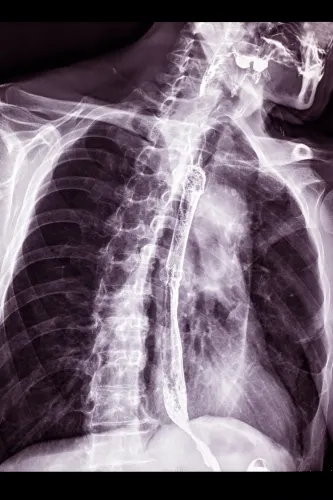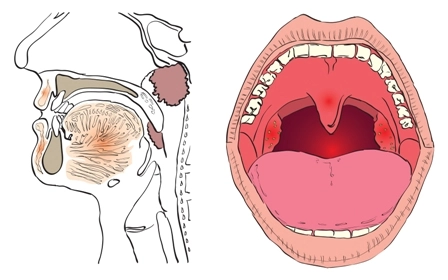General Surgery Coding Alert
CCI 22.0:
Focus Your General Surgery Coding With This Edit Update
Published on Wed Feb 17, 2016

You’ve reached your limit of free articles. Already a subscriber? Log in.
Not a subscriber? Subscribe today to continue reading this article. Plus, you’ll get:
- Simple explanations of current healthcare regulations and payer programs
- Real-world reporting scenarios solved by our expert coders
- Industry news, such as MAC and RAC activities, the OIG Work Plan, and CERT reports
- Instant access to every article ever published in Revenue Cycle Insider
- 6 annual AAPC-approved CEUs
- The latest updates for CPT®, ICD-10-CM, HCPCS Level II, NCCI edits, modifiers, compliance, technology, practice management, and more
Related Articles
Other Articles in this issue of
General Surgery Coding Alert
- CCI 22.0:
Focus Your General Surgery Coding With This Edit Update
Expect bundles with most new 2016 codes. With 57,161 new edit pairs — roughly 40 [...] - CPT® 2016:
Implement Code Changes for Your Bronchial and Mediastinal Scope Cases
Pinpoint EBUS services with these codes. If your surgeon performs scope procedures in the mediastinum [...] - OIG Watch List:
Target Your EHRs for Scrutiny
Watch incentive payments, too. HIPAA enforcement just keeps getting tougher — that’s the word on [...] - You Be the Coder:
Manage Your Lap Band Service Coding
Question: We had a patient who, following a lap band procedure, had a dilated pouch. To [...] - Reader Question:
Age, Tunneling, and More Determine Catheter Code
Question: Our surgeon inserted a non-tunneled catheter for a three-year-old patient. How should we code the [...] - Reader Question:
Master ICD-10 Burn Coding
Question: Our surgeon treated a patient at a subsequent visit for a second degree burn of [...]
View All




